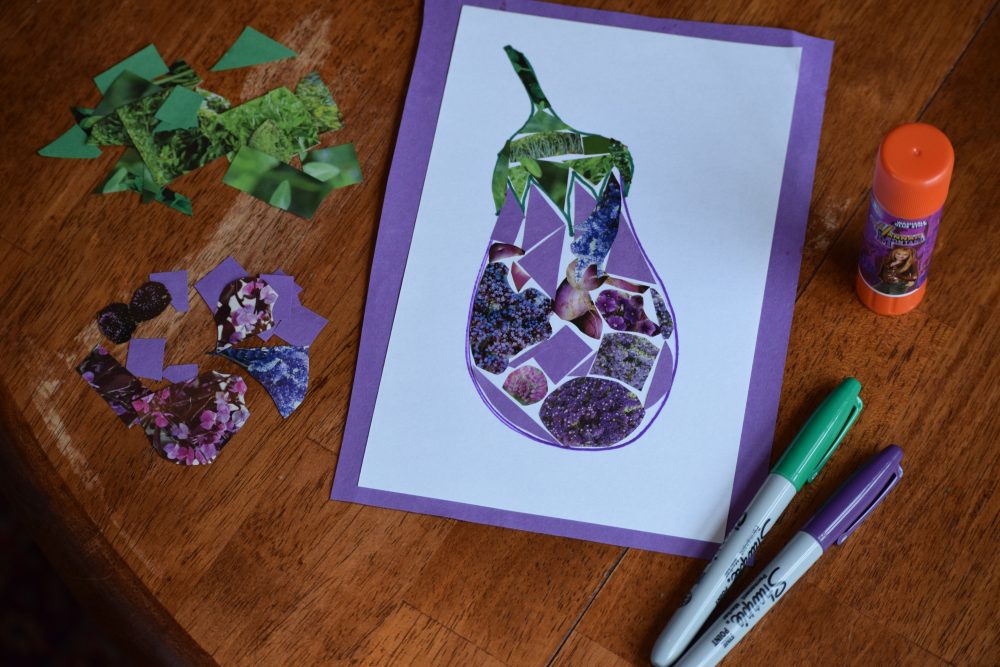


15(3), pages 463-467.)Īn eight-lesson gardening and nutrition curriculum with a hands-on gardening emphasis was taught as an after-school program to determine the effect it had on increasing children’s nutrition knowledge, fruit and vegetable preference, and improving children’s self-efficacy and outcome expectations for gardening and for consuming fruit and vegetables. A Comparison of a Gardening and Nutrition Program with a Standard Nutrition Program in an Out-of-school Setting. Gardening self-efficacy of the summer JMP group increased whereas that of the fall JMG group decreased. There was a change in gardening self-efficacy for the summer JMG group compared with that of the fall JMG group. Two programs, a standard nutrition program titled Professor Popcorn (PP) and a gardening and nutrition program using lessons from the Junior Master Gardener: Health and Nutrition from the Garden were compared to investigate their influence on nutrition knowledge improving fruit and vegetable preference, and improving self-efficacy in gardening and eating fruit and vegetables in an out-of-school setting. Growing Foods for Growing Minds: Integrating Gardening and Nutrition Education into the Total Curriculum. Children’s Environments, 12(2): 264-270.) In a project that involved integrating nutrition and gardening among children in grades one through four, the outcomes have gone well beyond an understanding of good nutrition and the origin of fresh food, to include enhancing the quality and meaningfulness of learning. Journal of the American Dietetic Association, 105:1797-1800.) California teachers perceive school gardens as an effective nutritional tool to promote healthful eating habits. This research provides evidence for needed standards-based curricula materials and teacher training in relation to gardening and nutrition. Results indicate that the teachers perceived the garden to be somewhat to very effective at enhancing academic performance, physical activity, language arts, and healthful eating habits. This study assessed school teachers’ perceived attitudes and barriers associated with school gardens, as well as the purpose and use of gardens in schools, specifically in relation to the link between gardens and nutrition. Journal of the American Dietetic Association, 107:662-665.) Garden-based nutrition education affects fruit and vegetable consumption in sixth-grade adolescents. Although further research is needed, the results of this study seem to indicate the efficacy of using garden-based nutrition education to increase adolescents’ consumption of fruits and vegetables.

This study reports that the adolescents who participated in the garden-based nutrition intervention increased their servings of fruits and vegetables more than students in the two other groups. The Effect of School Gardens on Children’s Attitudes and Related Behaviors Regarding Fruits and Vegetables. Children Today, 16(3), 18-21.)Īfter gardening, children have shown more positive attitudes toward fruit and vegetable snacks and an improvement in vegetable preference scores. The vegetables that the children grew had a high intrinsic value. 37: 3: 147-151.)Ī study in Tucson, AZ showed that children who participated in the garden learned to like healthy foods. (2005) Use of School Gardens in Academic Instruction. Journal of Nutrition Education and Behavior. The article reports that school gardens can positively impact children’s food choices by improving their preferences for vegetables and increasing their nutrition knowledge. (2011) The Effects of School Garden Experiences on Middle School-Aged Students’ Knowledge, Attitudes, and Behaviors Associated with Vegetable Consumption. Gardening also increases the variety of vegetables eaten. Results from this study of middle school-aged students indicate that school gardening may affect children’s vegetable consumption, including improved recognition of, attitudes toward, preferences for, and willingness to taste vegetables. Gardening improves opportunities for children, youth, adults and families to gain interest and eat more fruits and vegetables. Visit the Zotero page here.Ĭommunity Building and Social Connections There is also a Cornell Garden-Based Learning Zotero webpage that includes additional and more recent research findings. Zotero is a free, easy-to-use tool to help you collect, organize, cite, and share research sources.
#GROWING MINDS GARDEN COLOR HUNT PDF#
Click here for a downloadable pdf version, Highlights from Journal Articles. Below is a summary of research findings on several key benefit areas of garden-based learning for children, youth, adults, and families.


 0 kommentar(er)
0 kommentar(er)
